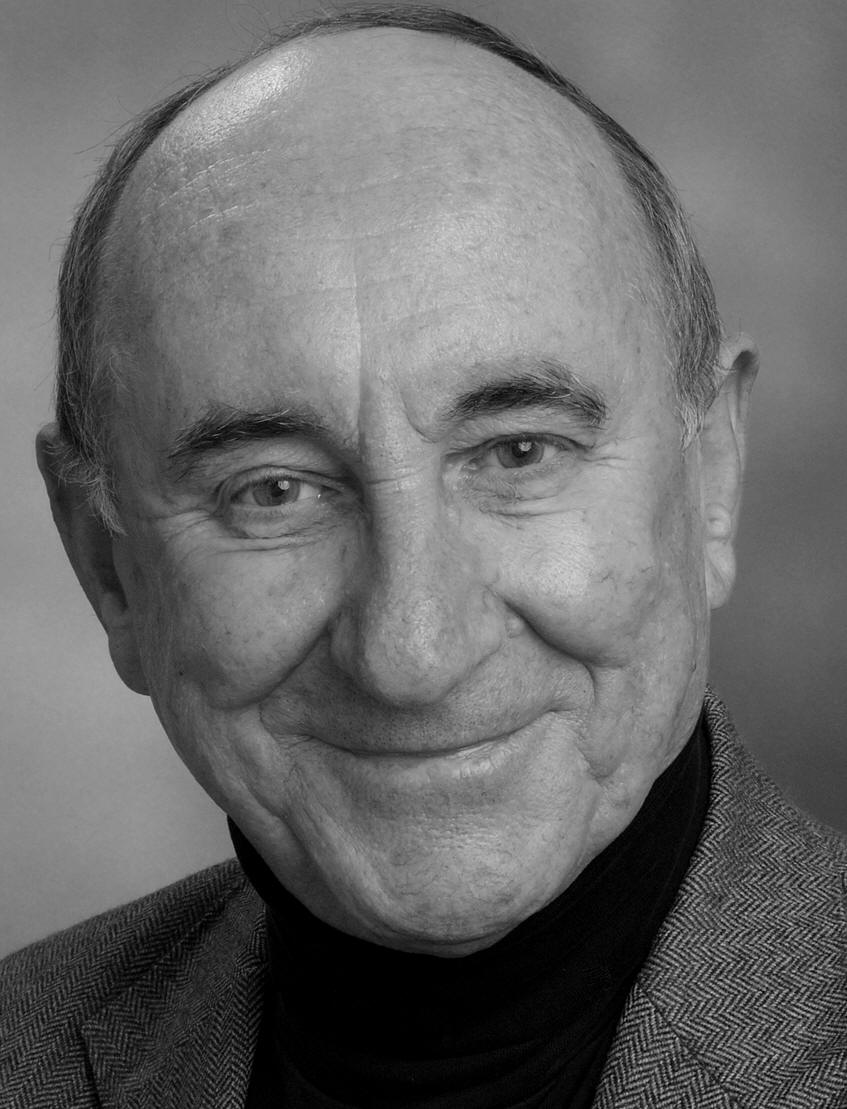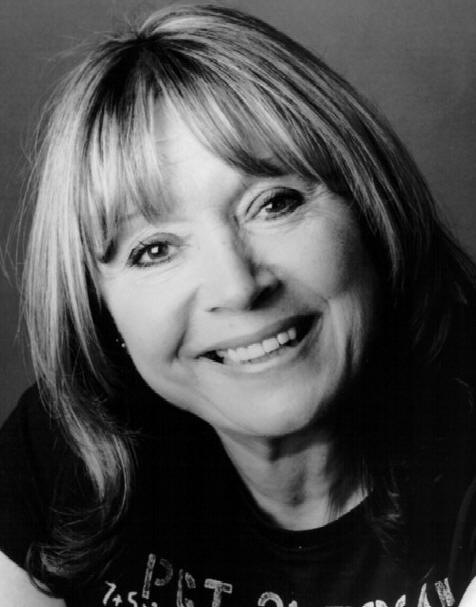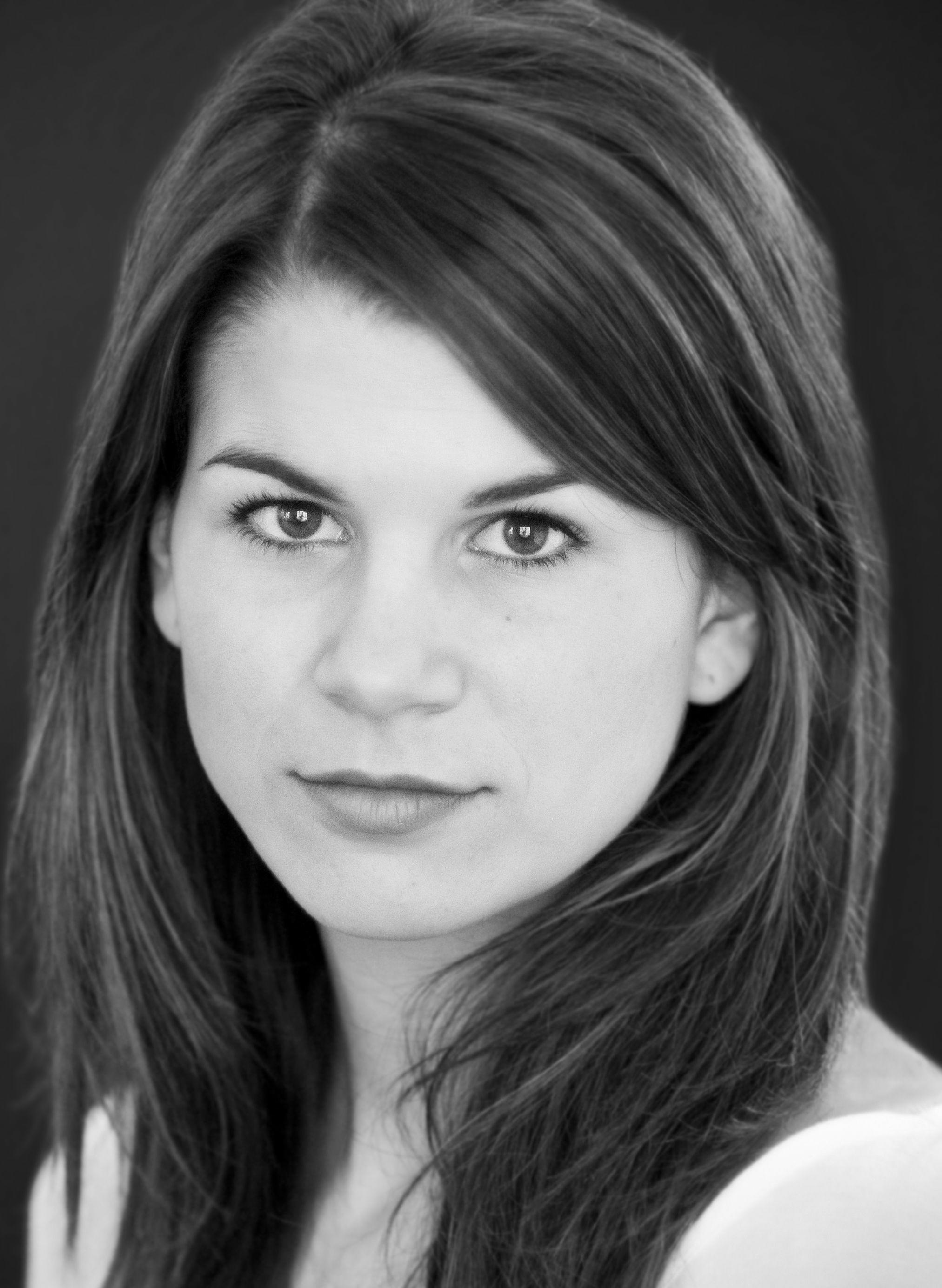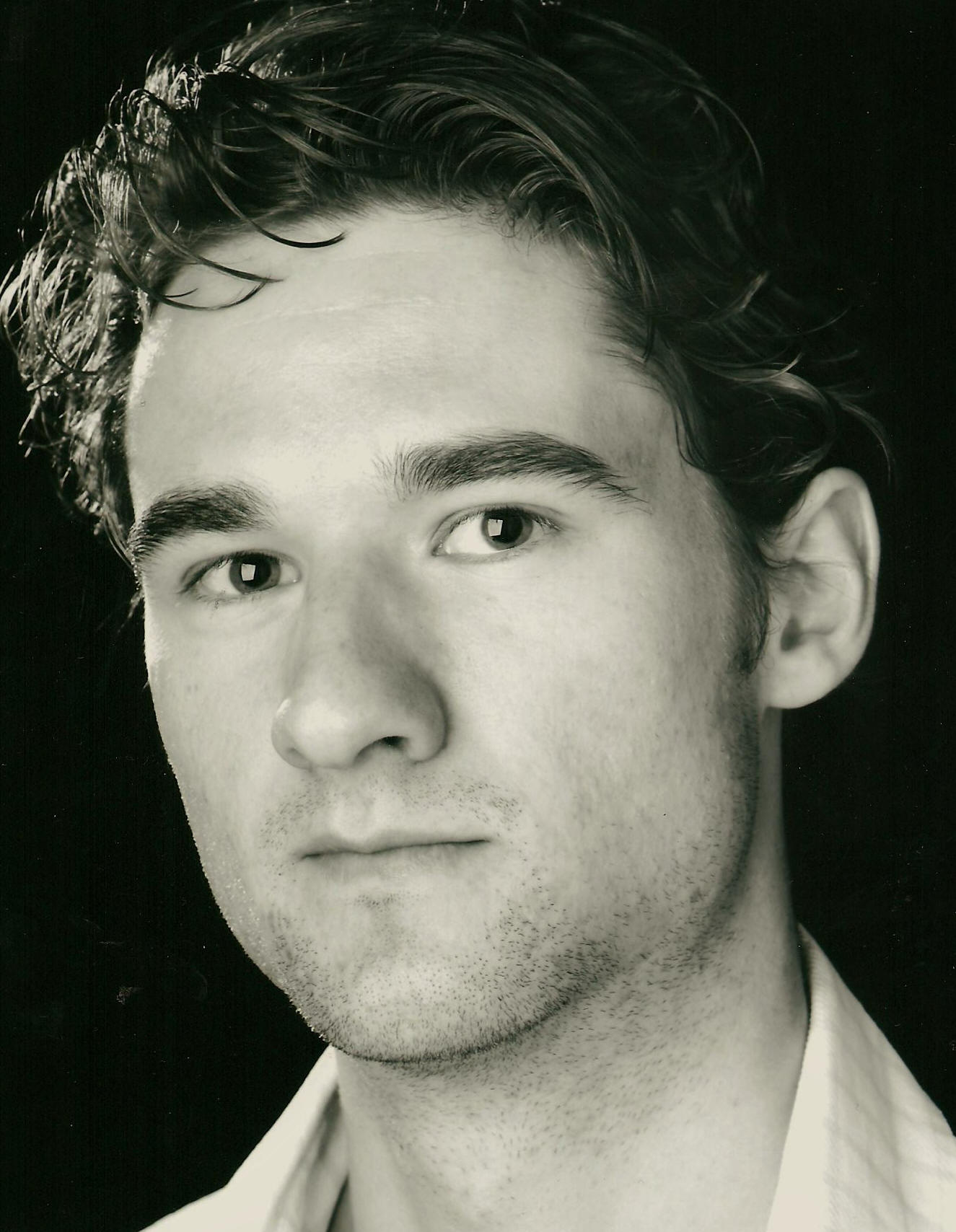The Cast
LIN Blakley may lead the line-up of Archie Rice's family in The Entertainer but as in the John Osborne play where granddad, Billy Rice, is the voice of experience, the fount of knowledge for the younger members of the cast when it comes to the 50s, is the actor who plays Billy, Gerry Hinks.
Gerry sa id:
“To them the 50s is a voyage of discovery but to me it is bringing back
a lot of memories.”
id:
“To them the 50s is a voyage of discovery but to me it is bringing back
a lot of memories.”
Gerry, (left) from just up the road from the Garrick at Rugeley, is an actor, director and playwright and has the distinction of appearing in one of his own plays in his own Opus theatre company in the West End.
He has a host of radio and theatre credits to his name and will be in Coronation Street as a vicar later this year.
He said: “I had left school two years just before the play started because it is set in 1956. When Billy says he never saw a woman's legs until he was 19 – I was 18 so I was 12 months ahead of my self – I didn't know what they looked like.
“But from a fashion point of view I am a font of knowledge. Rationing had just finished. There was a fellow in Coleshill, only two miles from where I lived and he raised a piglet.
“Now when a pig was old enough for slaughter you were supposed to tell a butcher but he didn't he killed it himself to feed his family and he got about three months for it. People don't realise these things were going on just before I left school.
FIRST TELEVISION
“I just remember rationing. I remember the first television I saw. My friend's brother had one and we went to see the Quatermass Experiment (July 1953) in black and white and the television was sitting on a shelf. The screen was tiny and had a big magnifying glass in front of it. It was the first television I saw because for the Coronation (June 1953) we all went to the town hall and it was projected.
“In 1956 when I was 17 I decided I wanted to learn
to drive and I had seven driving lessons and the eighth was on the day I
took my driving test which was here in Lichfield and I remember when I
drove fr om
my home to my test which was about eight miles we passed the milkman and
the baker and our milk and bread in those days. 1956, was delivered by
horse and cart and the milk was in a milk churn.
om
my home to my test which was about eight miles we passed the milkman and
the baker and our milk and bread in those days. 1956, was delivered by
horse and cart and the milk was in a milk churn.
“How things have changed. You don't think about it until you are doing something like this and you are talking about the quality of life and you think ‘hang on a minute, I was in the 50s'.”
Gerry remembers the Garrick weekly rep in Lichfield in the 50s when among the bit players was one name that popped up regularly - Lionel Jeffries.
Lin Blakley, (right) who plays Phoebe, Archie's
second wife, might not be a font of 50s knowledge but she did catch the
last throes of music hall.
“I used to go and see Max Miller in Great Yarmouth. It was way above my head. I used to love going to the theatre and I used to walk to the theatre in the centre of town, not on the piers and I watched Max Miller.”
She also remembers the cinema and the twice weekly Pathé newsreels – even knowing the name of the announcer. “In the play Phoebe says she is always at the pictures. Then there was the main feature and the B flim and Pathe News with Bob Danvers Walker.”
Lin has an impressive CV with numerous films to her
credit including Sydney
Turtlebaum with Sir Derek Jacobi,
Shaking Dreamland, Football
Factory and Malice in
Wonderland as well as a host of West End theatre appearances and
national tours.
She is regularly on television and viewers will have seen her in playas as well as programmes such as Doctors and Midsomer Murders while in BBC's Derailed she managed a personal ambition when she appeared with her actress daughter, Claudie.
For Emily Pennant-Rea (left) and Rob Pass, (below) who play Archie's children Jean and Frank, the 50s really are a different world. To them it is almost historical drama.
Emily, with more than six years of theatre behind her, said: “It is the first Osborne or play of this type I have done. It is fantastic and certainly challenging. I have been a bit worried in the run up “
She finds that the way people spoke in the 50s a
little strange and had been asking if that was the way people spoke and
the phrasing. She
 had
been helped out by Lin who said: “We were talking about the phrasing and
whether they really spoke like that in the 50s. That is the hardest
part” adding quickly with a wicked smile “not that I am anywhere near
that. I don't know either.”
had
been helped out by Lin who said: “We were talking about the phrasing and
whether they really spoke like that in the 50s. That is the hardest
part” adding quickly with a wicked smile “not that I am anywhere near
that. I don't know either.”
Rob, who maintains the rep tradition of helping actors just starting in the profession, has been asking his grandparents what the 50s were like. He said: “They said people gravitated a lot more to the pub and the theatre – and it was a lot more social. People would all sit around a piano and sing; it was much more of a community.”
The sobering thought is that the play and the era it represents is history to anyone in the audience under the age of 6o. The remarkable thing is that the play, 52 years on, is still relevant to the age we live in.
Home The
Play Suez
The Entertainer The
Producer The Director